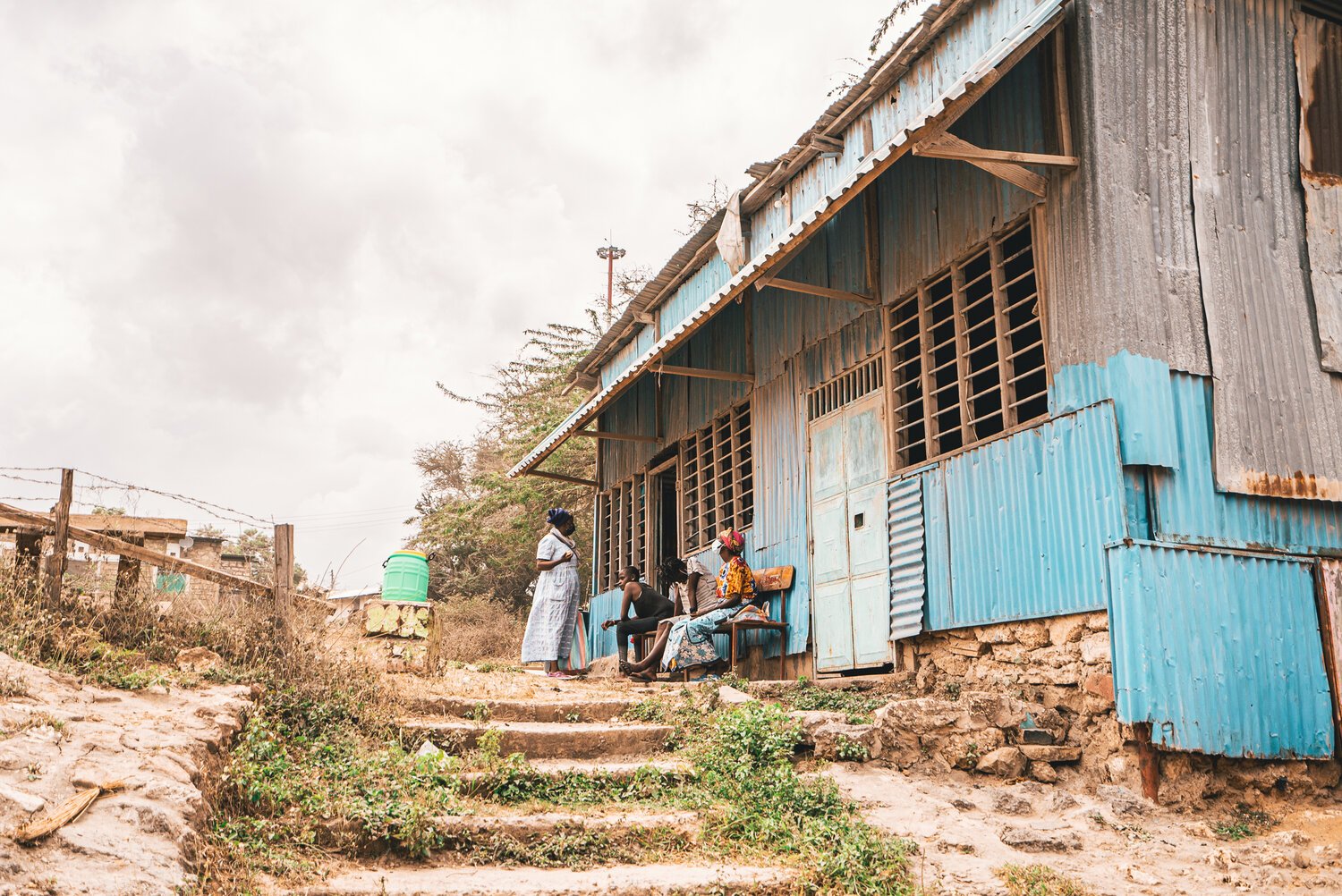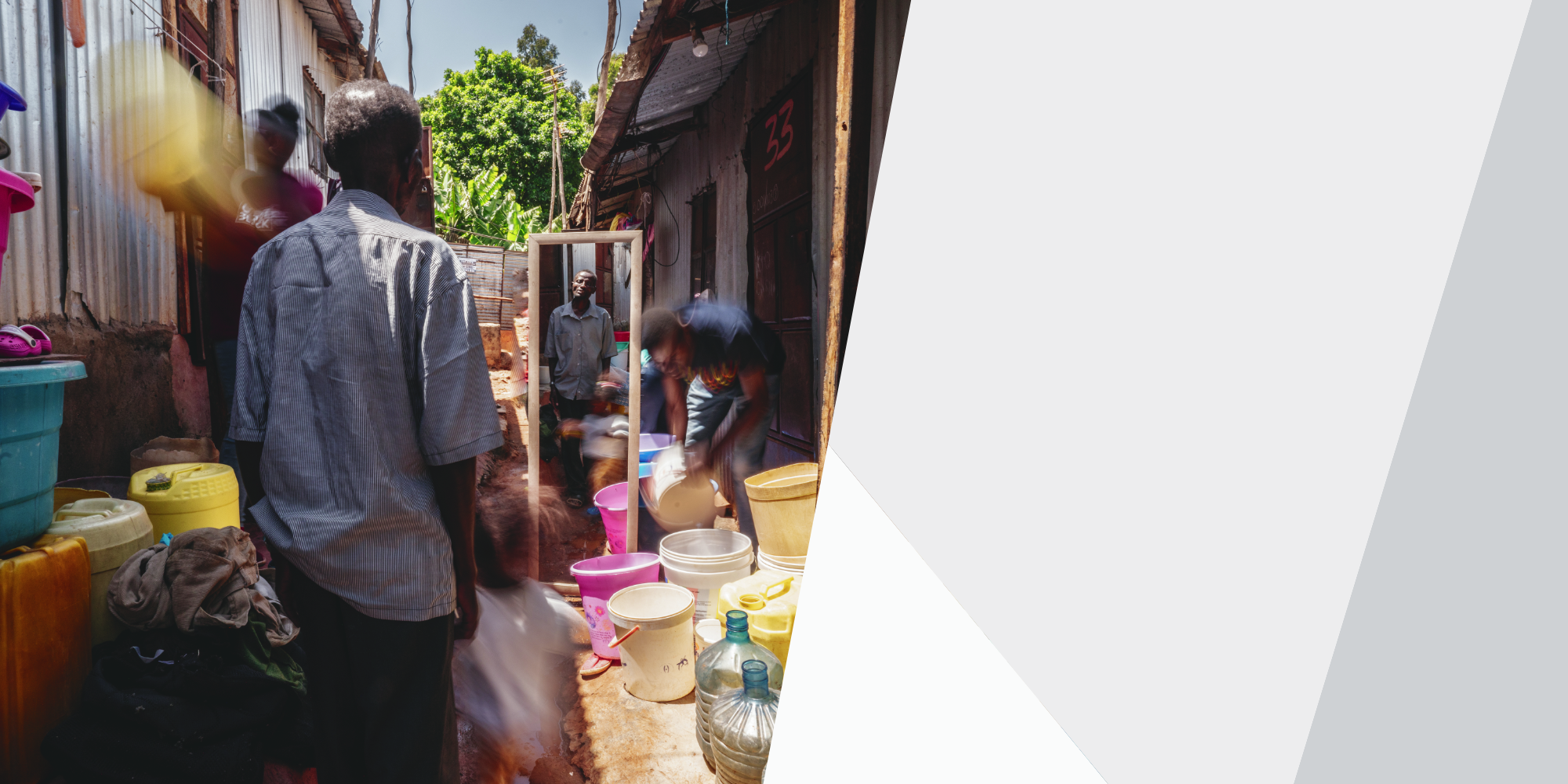
Stigma is more deadly than sickness.
HIV/AIDS is still devastating families and communities across the world because of stigma.
“The stigma part about HIV is what is really putting people down, more than the disease. HIV is just a disease that can be tamed as long as the mind is right and the heart is right. In 2014, I wasn’t sick at all but the stigma was killing me. I didn’t have anyone around me. When you are HIV+ and alone, it’s very bad.” - 2021 Untold Client
In East and Southern Africa, the HIV epidemic claims over 300,000 lives each year. In the countries where we operate, 35% of the HIV+ population has not yet achieved viral suppression, leaving people vulnerable to opportunistic infection and premature death. Stigma also prevents many from accessing life-saving care. It cuts people off from once thriving communities, leaving hundreds of thousands of men and women lonely, vulnerable, and spiritually devastated. We exist to stand with people who need an ally to overcome the physical, spiritual, emotional, and economic burdens of this disease.

Isaac’s Story
“Before I came to Untold, I came from prison. Everyone had neglected me. I had no food, I had a family, and even at times, I felt like I had to go back to prison. I was more comfortable in prison than outside. I thought about committing another crime, but before that, I was invited to Untold. I got food for my stomach and my children. I was no longer worrying about rejection. I could share anything with the members of the group. Untold came in and gave me everything I needed. To that point, Untold has been my mother and my help. Maybe I am alive today because of Untold. Untold has been teaching us - through the teachers, I have no stigma. I’m not living under any stigma.”
People living with HIV/AIDS are the most vulnerable and forgotten population in the world.
FAQs about HIV
-
HIV (Human Immunodeficiency Virus) is a virus that is transmitted through specific bodily fluids (blood, semen, breastmilk). AIDS (Acquired Immune Deficiency Syndrome) is the condition caused by the virus.
-
HIV can be transmitted during unprotected sex, through sharing needles, from mother to baby during pregnancy or birth, and through contaminated blood transfusions. You cannot contract HIV through saliva, sweat, urine, sharing food, or non-sexual physical contact with an infected person.
-
Viral load is used to describe the amount of HIV in your blood. Someone living with HIV can have an 'undetectable' viral load, meaning effective treatment has lowered the amount of HIV virus in their blood to levels where it cannot be detected by a blood test. Those who have an undetectable viral load cannot pass the virus to others.
-
Medication is typically free through the government in Sub-Saharan Africa, but without social services and education related to nutrition and medication adherence, HIV+ men and women are still at risk of opportunistic infection and premature death.



